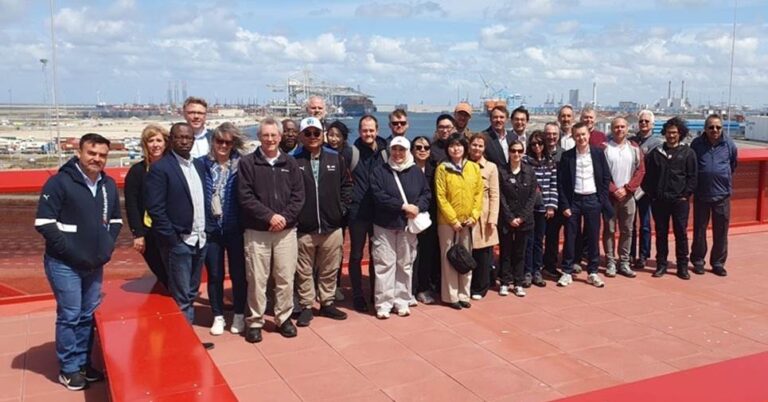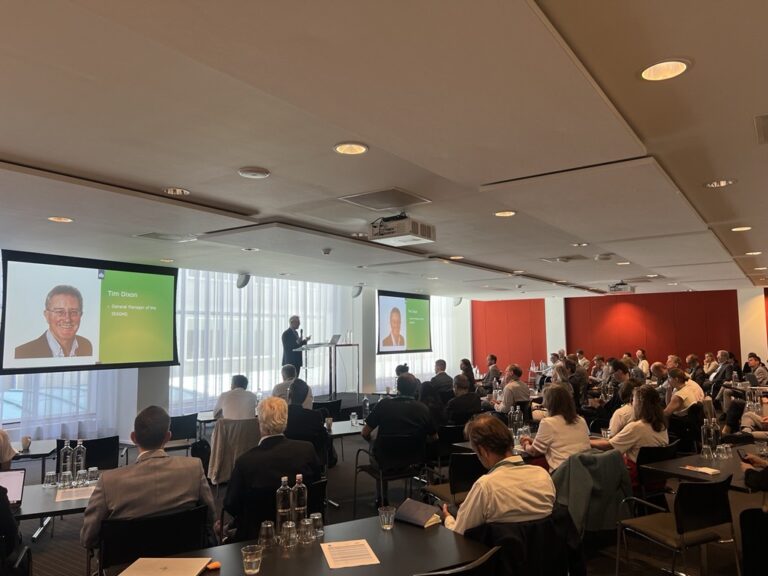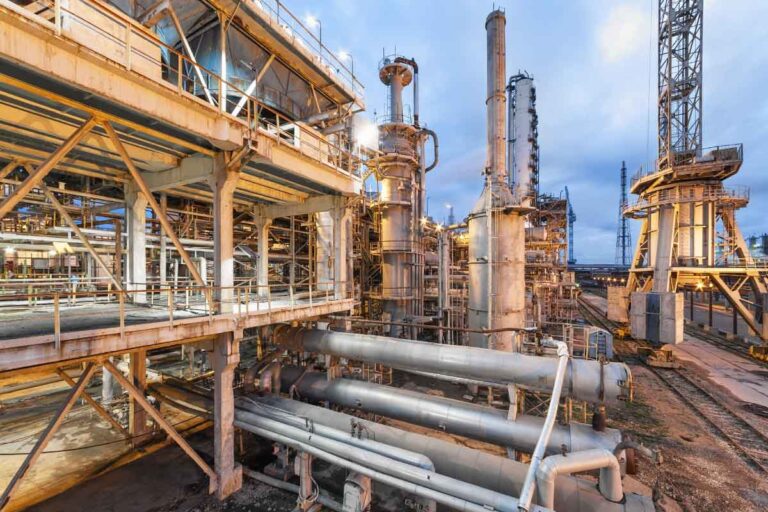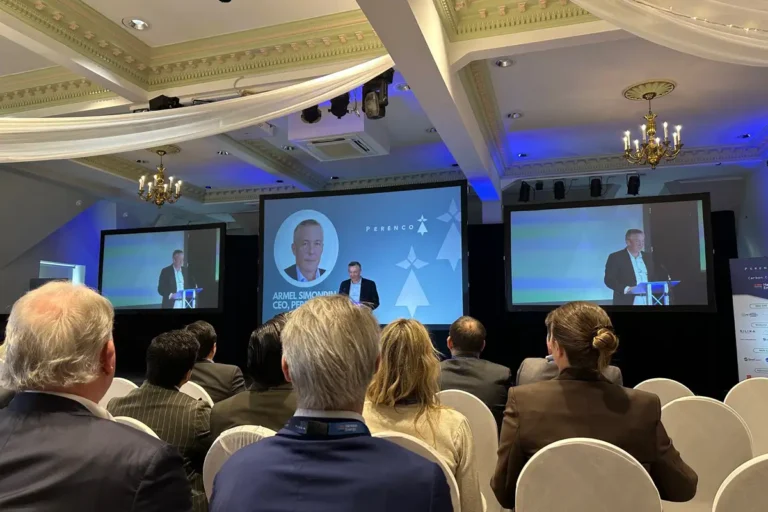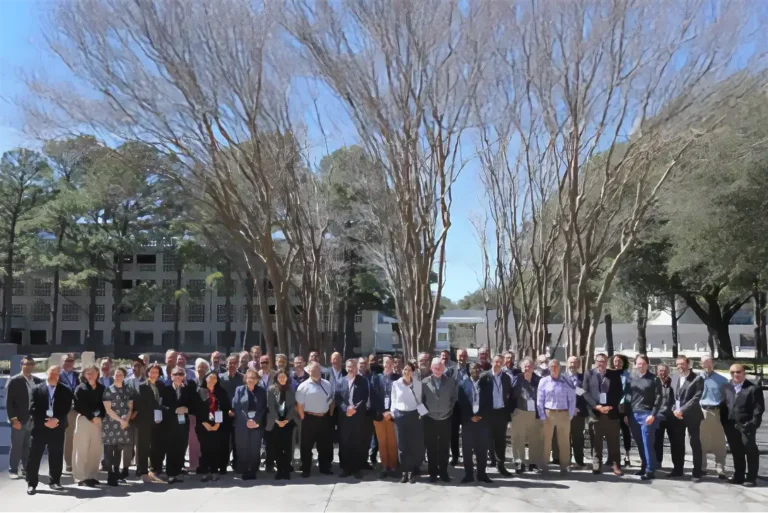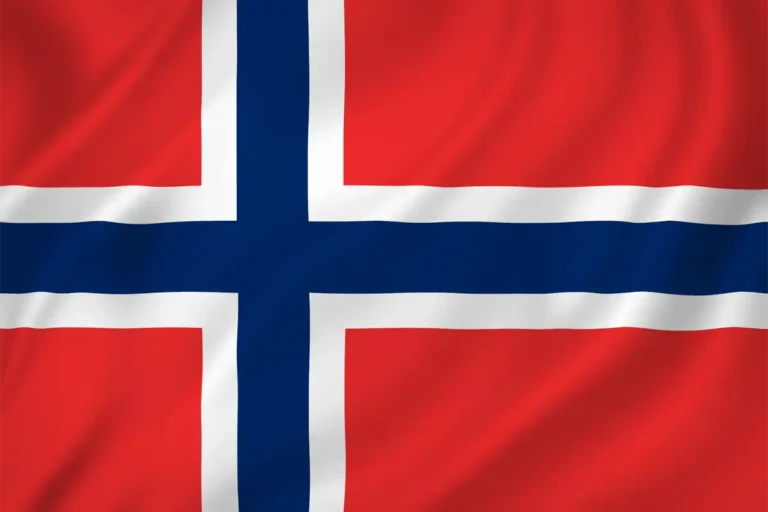
CATO Conference – Implementing CCUS in the Netherlands
11 June 2018

CATO invited national and international stakeholders on the 6th June to convene, inform one another, and share knowledge on recent advances on CCS in The Netherlands. The event covered both policy relevant topics and project developments.
While Europe is committed to implement CCS, a firm strategy including the business case is still needed. National commitments are essential and the public perception was not supportive but the opposite. The general opinion is that CCS is not safe, is expensive and not reliable.
Netherlands compromised to reduce 49% CO2 emissions by 2030, to be covered by 5 sectors including power and industry. Still, agreements are to be concrete and complete[1]. The main concern is to keep low cost in the industrial sector, and electricity is unlikely to be decarbonised through CCS. The ministry of Economic Affairs and Climate Policy (EZK) will focus efforts in increasing renewables in the grid, while maintaining power plants working intermittently, what becomes an unattractive scenario for CCS in the power sector.
Regarding the project developments, the attendees had the opportunity to hear about the current Dutch initiatives, mainly focused on the industrial sector (waste-to-energy plants, fertilizers/ammonia/melamine plants), with other highlights on green hydrogen production, CO2 Transport Hub and Offshore Storage. CO2 utilization is still in the agenda, as we saw in the case of the waste-to-energy plant, where the CO2 will be used in horticulture. CO2 avoidance prices are still high and policy makers will have to take the lead to make the business case feasible. Within the mix of technologies to implement, advances on battery storage also represents a complementary technology in the production of energy from offshore wind-farms.
In summary, this meeting delivered a complete overview of the plans to cut down CO2 emissions in The Netherlands. Given the emissions scenario and its consequences, attendees had a general interest on the implementation of decarbonising technologies. Carbon Capture is still in the list of measures, mainly for industries, including waste-to-energy plants, and positively not being discarded in the power sector. CO2 utilisation remains in the plans and offshore storage scenarios are still under review. In the next months, we will monitor the advances of CCS in the Dutch scenario.
1For more informationon the full coalition agreement document (in Dutch): https://www.kabinetsformatie2017.nl/kabinetsformaties/k/kabinetsformatie-2017/documenten/publicaties/2017/10/10/regeerakkoord-vertrouwen-in-de-toekomst . You can find a summary in https://www.co2-cato.org/news/news/new-dutch-government-coalition-commits-to-ccs
Other articles you might be interested in
Get the latest CCS news and insights
Get essential news and updates from the CCS sector and the IEAGHG by email.
Can’t find what you are looking for?
Whatever you would like to know, our dedicated team of experts is here to help you. Just drop us an email and we will get back to you as soon as we can.
Contact Us NowOther articles you might be interested in
Get the latest CCS news and insights
Get essential news and updates from the CCS sector and the IEAGHG by email.
Can't find what you are looking for?
Whatever you would like to know, our dedicated team of experts is here to help you. Just drop us an email and we will get back to you as soon as we can.
Contact Us Now

